Sand Dunes and Salt Flats: A GGBA Trip to Namibia, Africa
Bob Lewis
Berkeley: Thursday, June 18, 2020
6:30 p.m. refreshments, 7 p.m. program
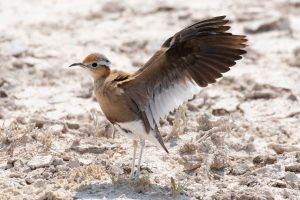 Burchell’s Courser by Bob Lewis
Burchell’s Courser by Bob Lewis
Namibia is one of the least densely populated countries in the world, with 2.6 million residents. It has the largest sand dunes in the world, and it hasn’t rained for over 10 years in parts of the Namib Desert. But it hosts many birds and animals that have learned to survive in this arid place. We spent some time in Cape Town with GGBA friends (Eric and Susan), and then four of us drove to Walvis Bay where we met our GGBA tour group. We’ll show you many of the desert creatures we saw on our tour.
Bob trained as a chemist, but his second career is very avian. He’s served on the GGBA board where he led the Adult Education Committee. He’s an award-winning photographer and world traveler, and frequent public speaker on avian topics at libraries and Audubon Societies. He has co-taught Master Birding, Avian Evolution and Bay Area Birds for GGBA, and his bird life list stands at 5037.…

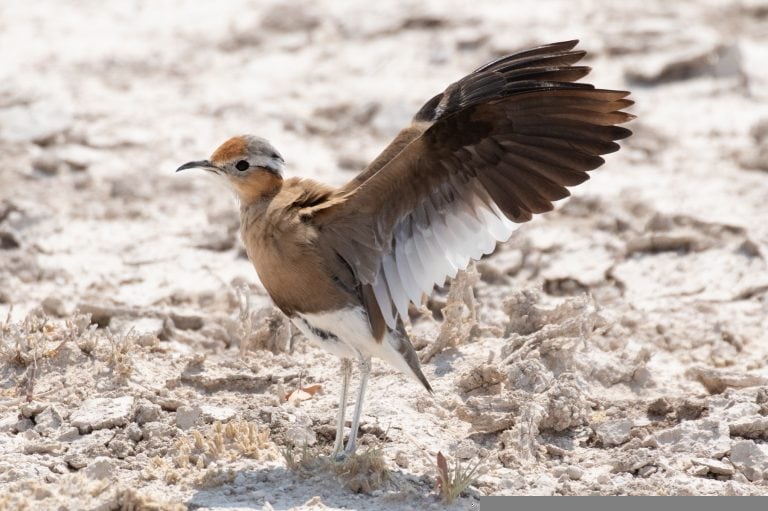
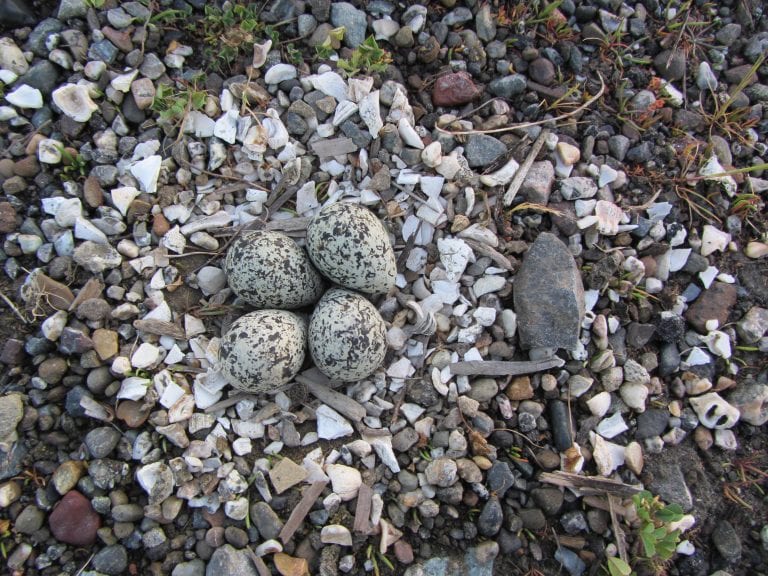

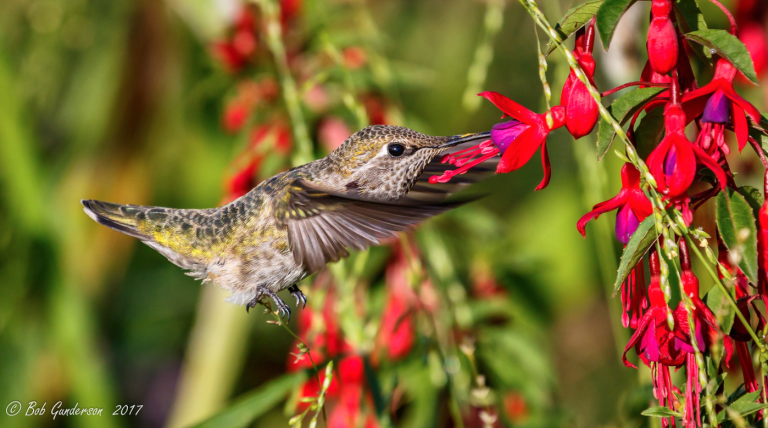
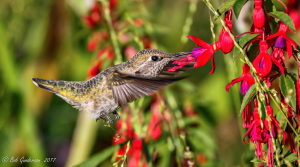
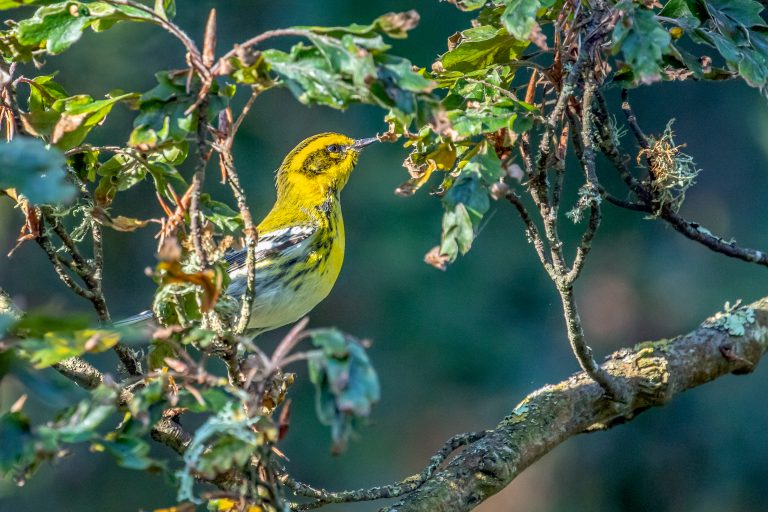
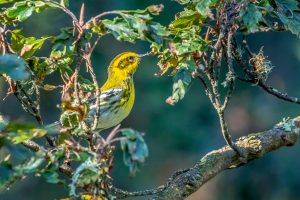 Townsend’s Warbler by Bob Gunderson
Townsend’s Warbler by Bob Gunderson
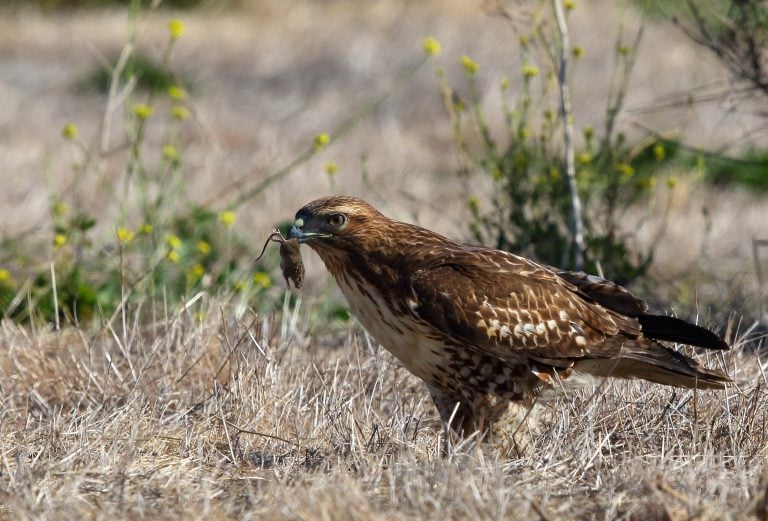
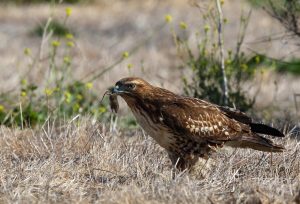 Red-tailed Hawk with rodent, by Rick Lewis
Red-tailed Hawk with rodent, by Rick Lewis